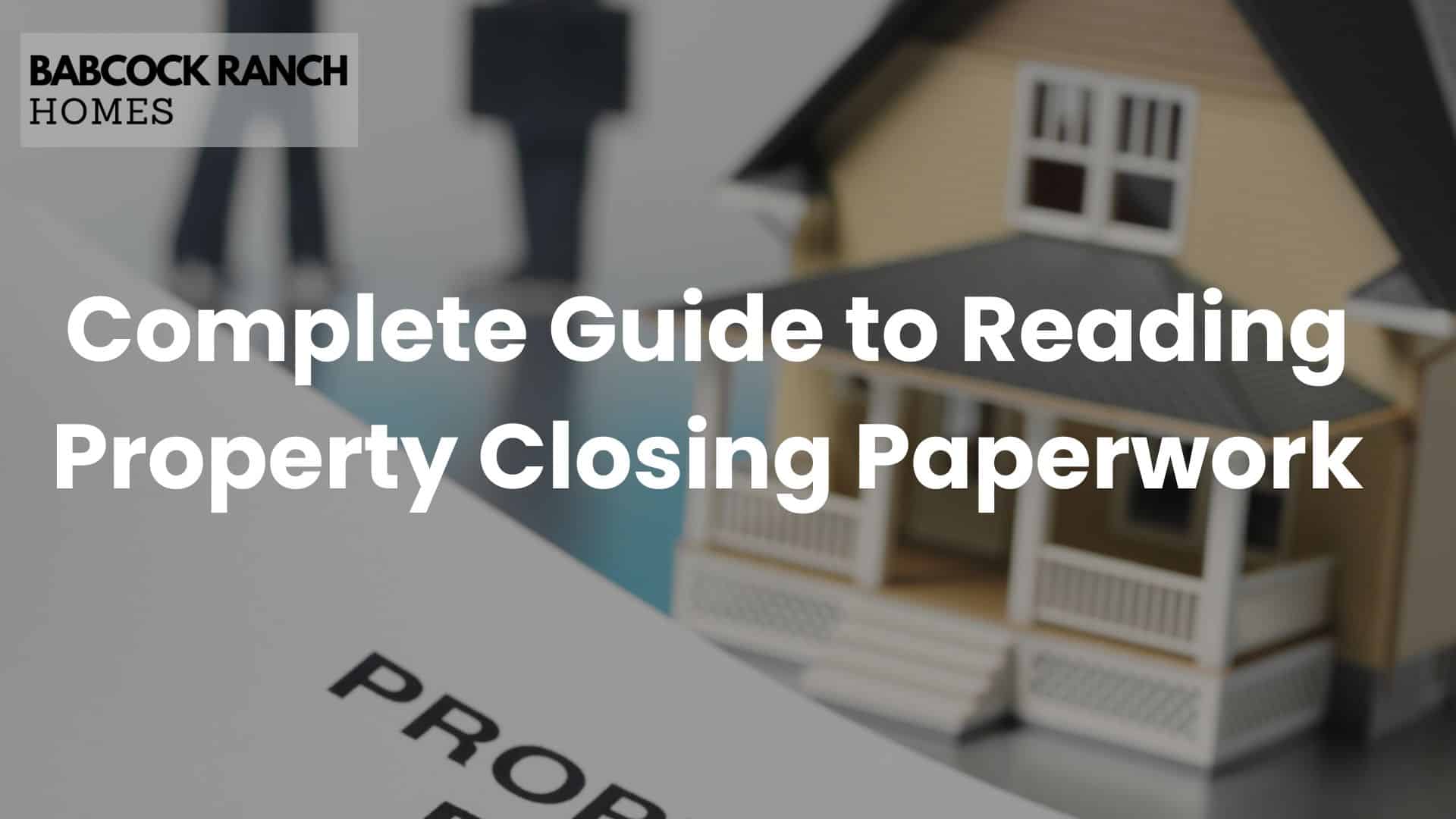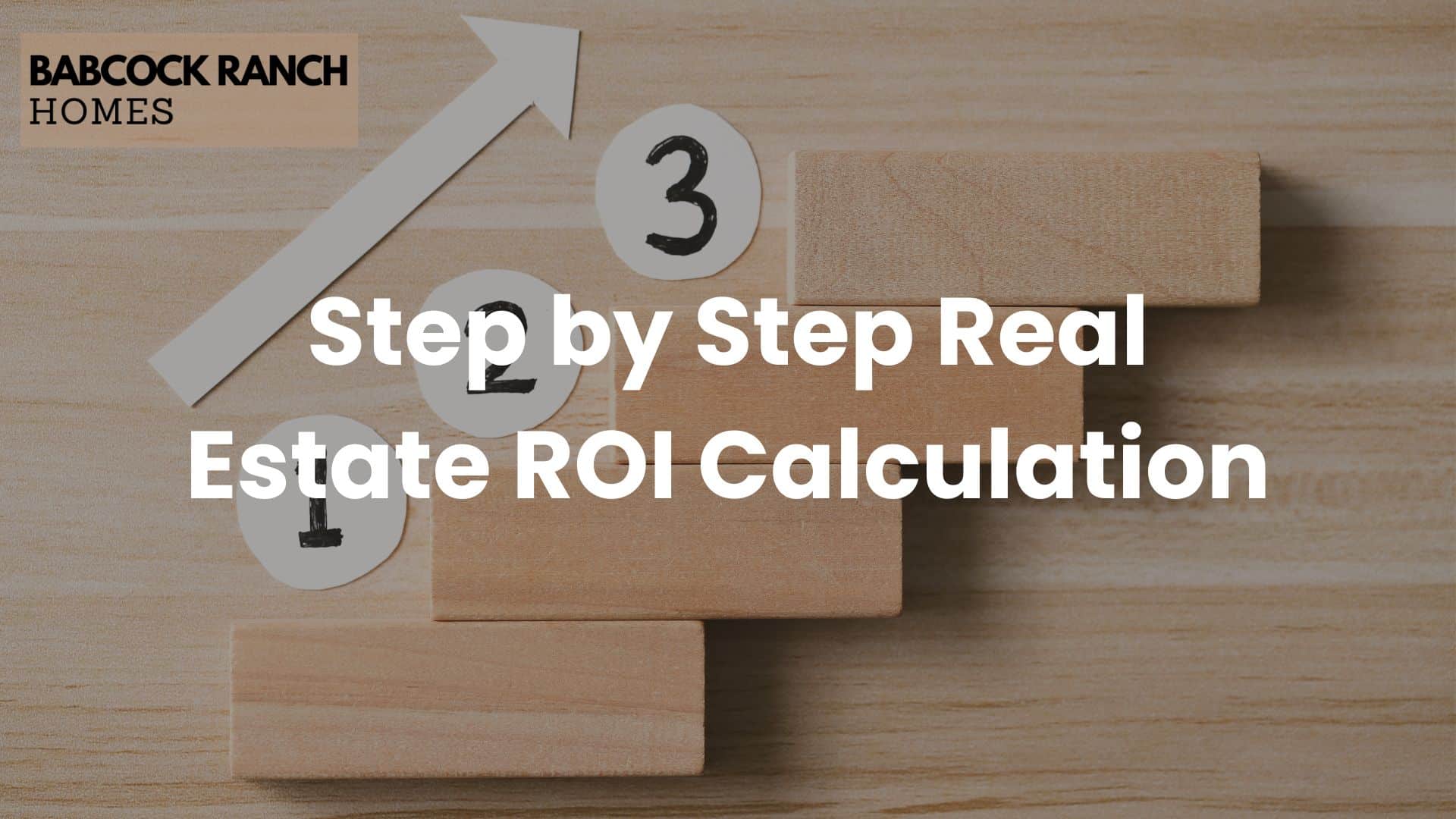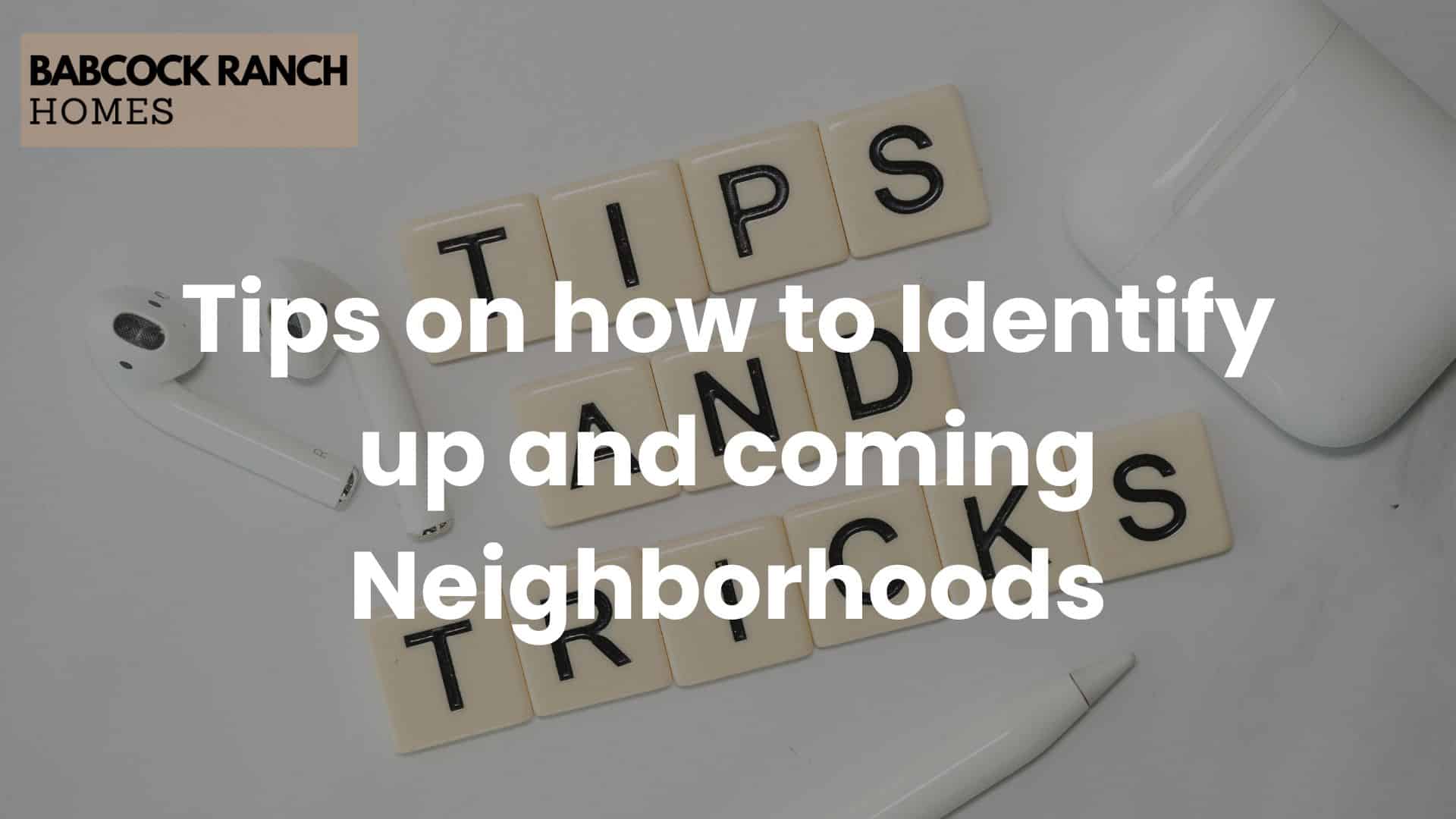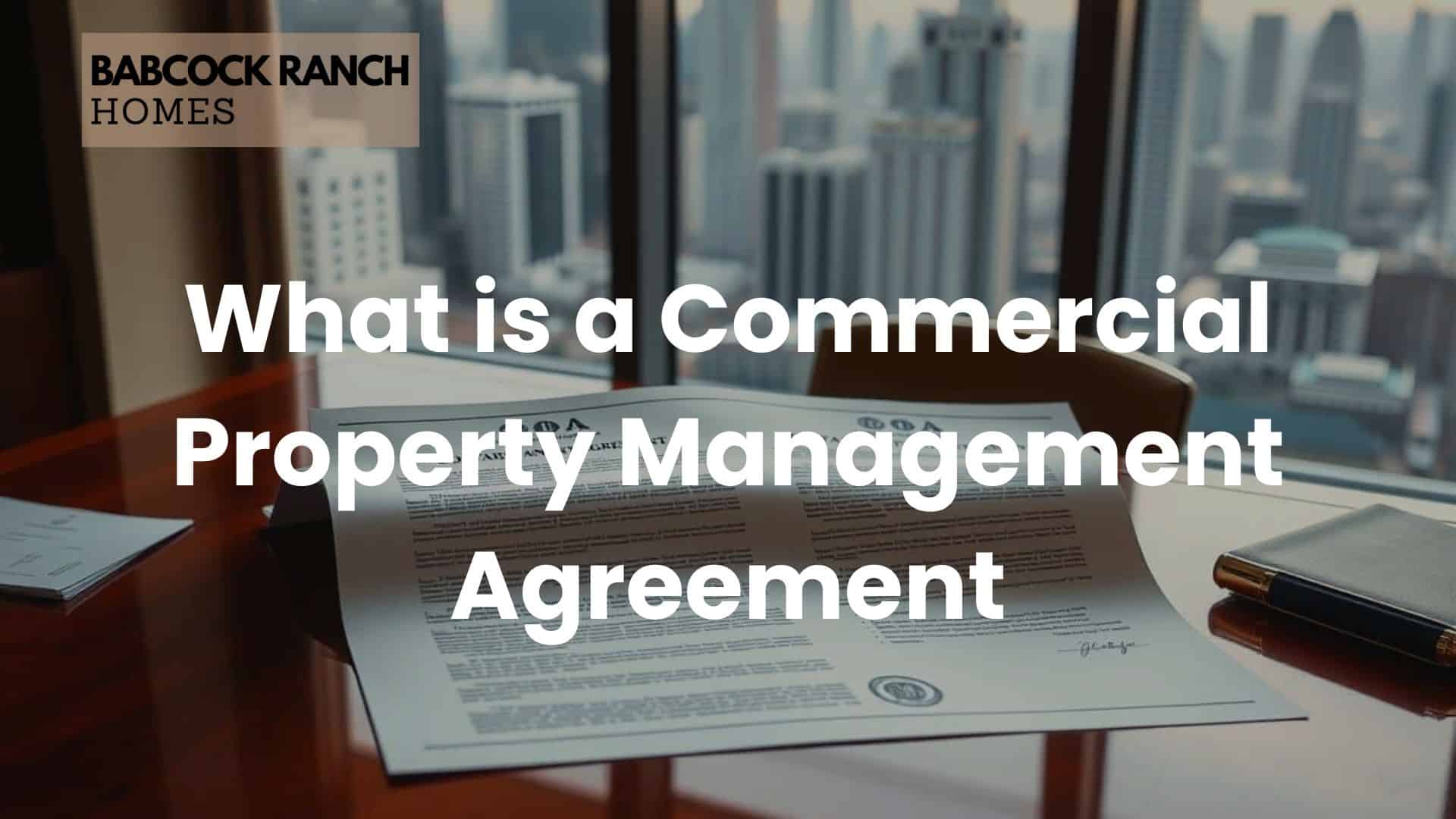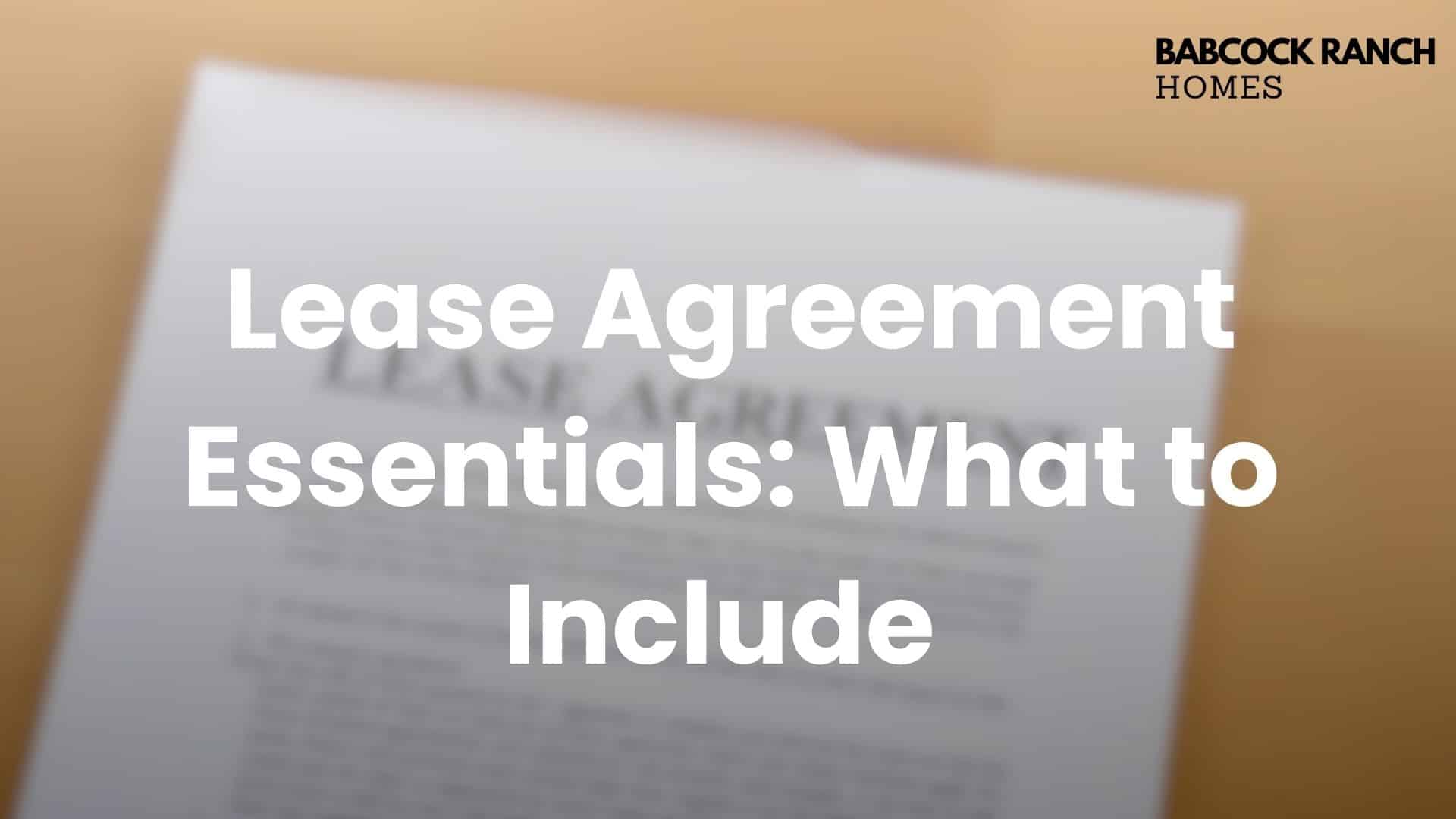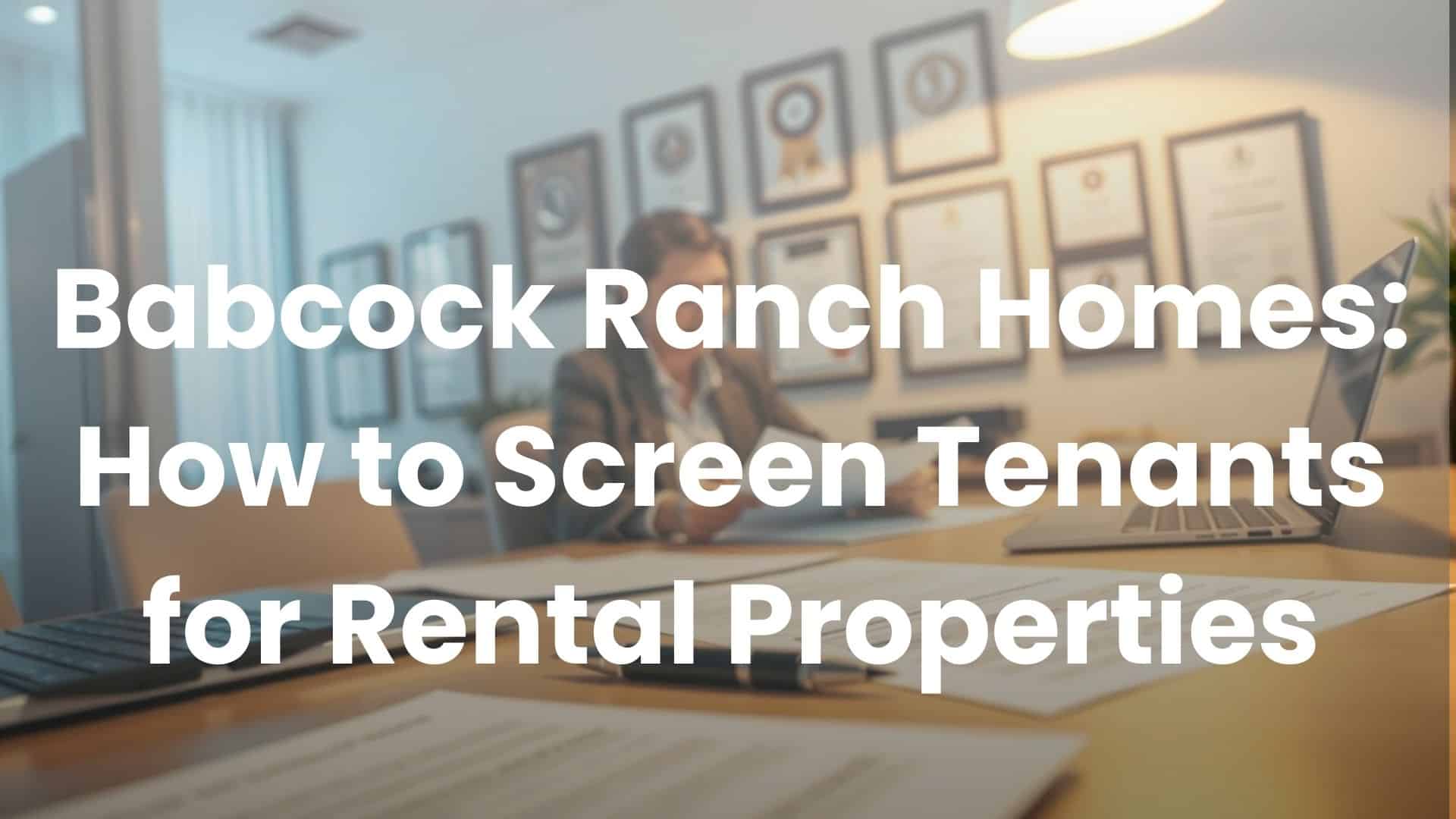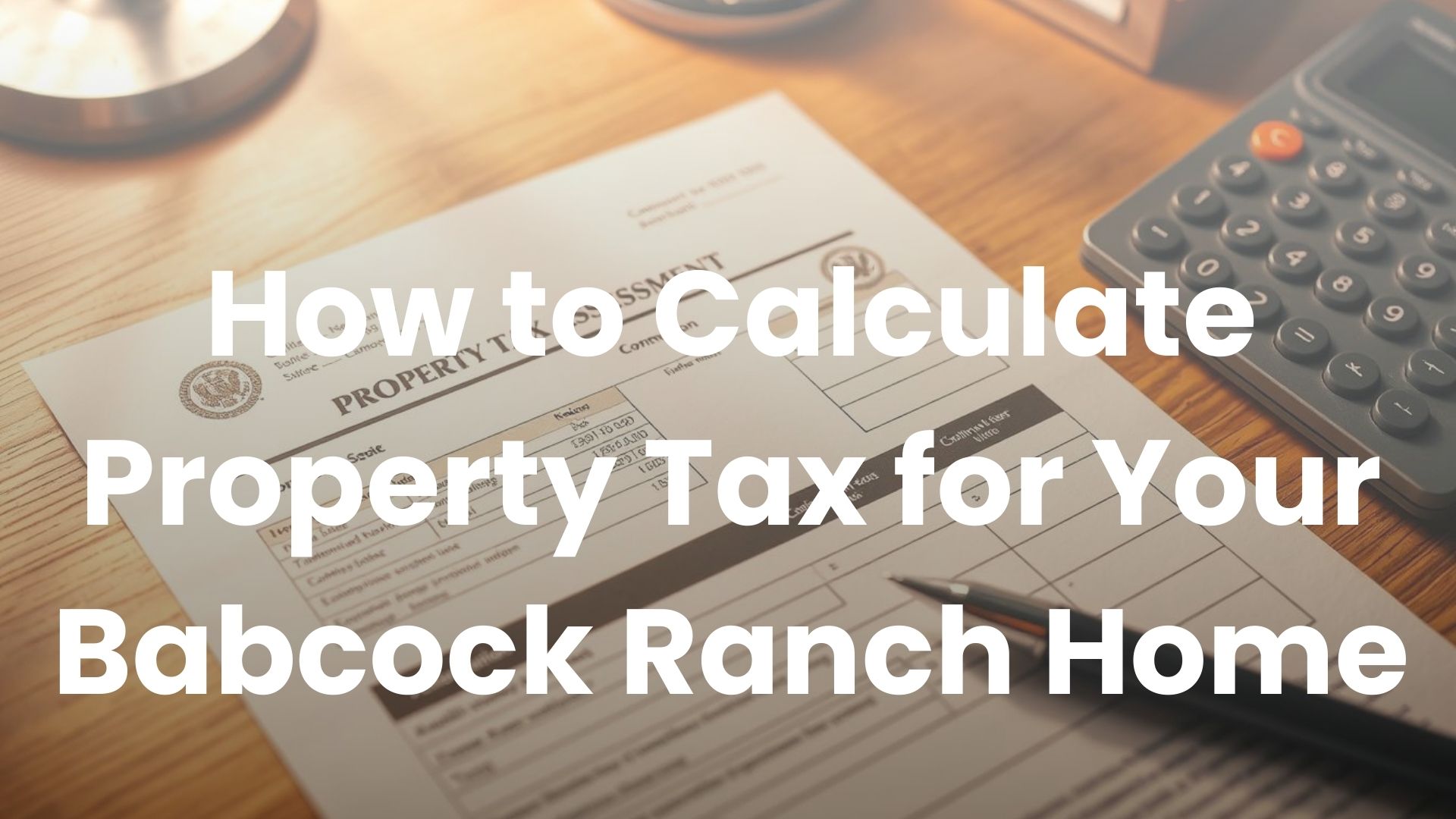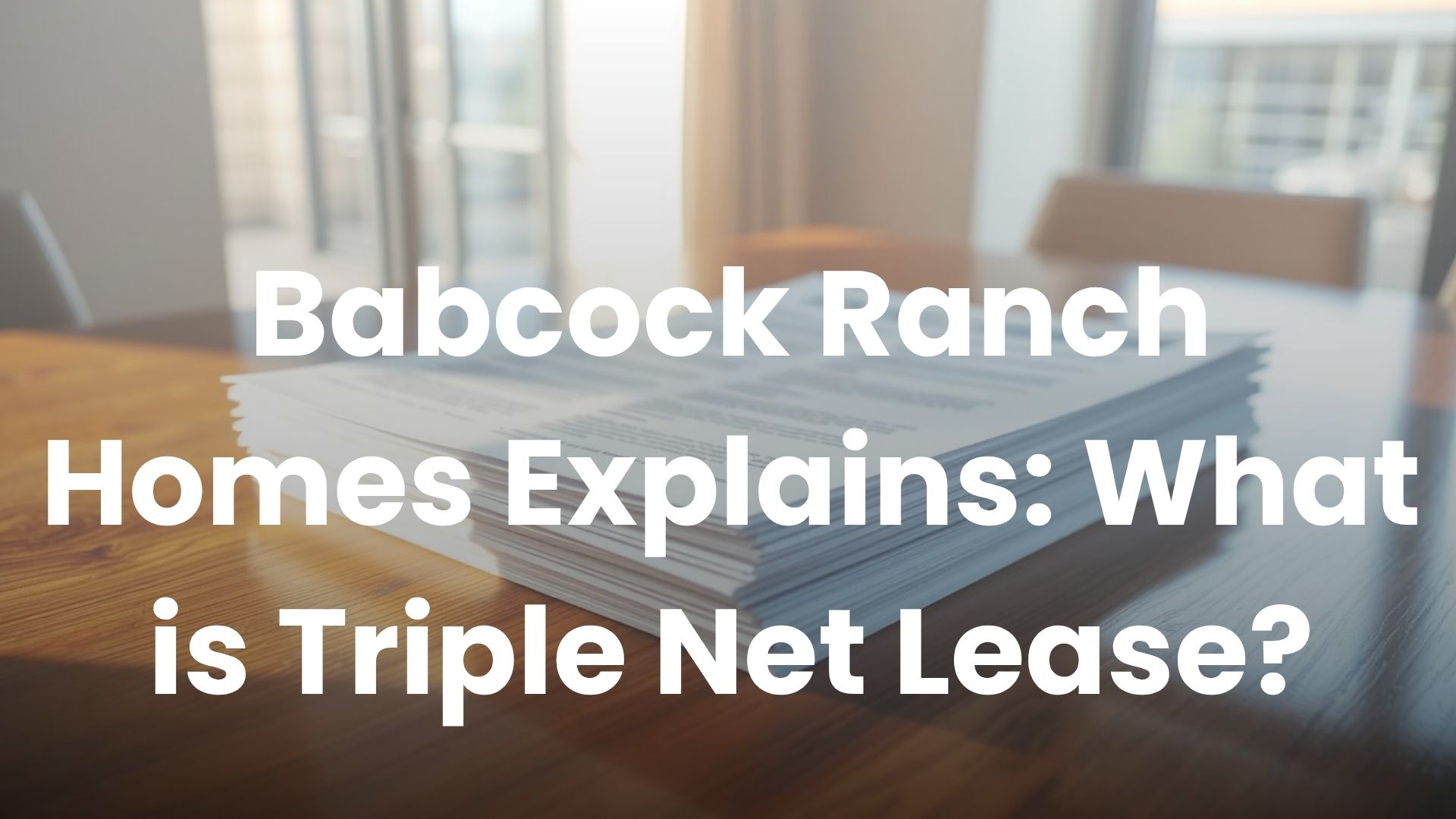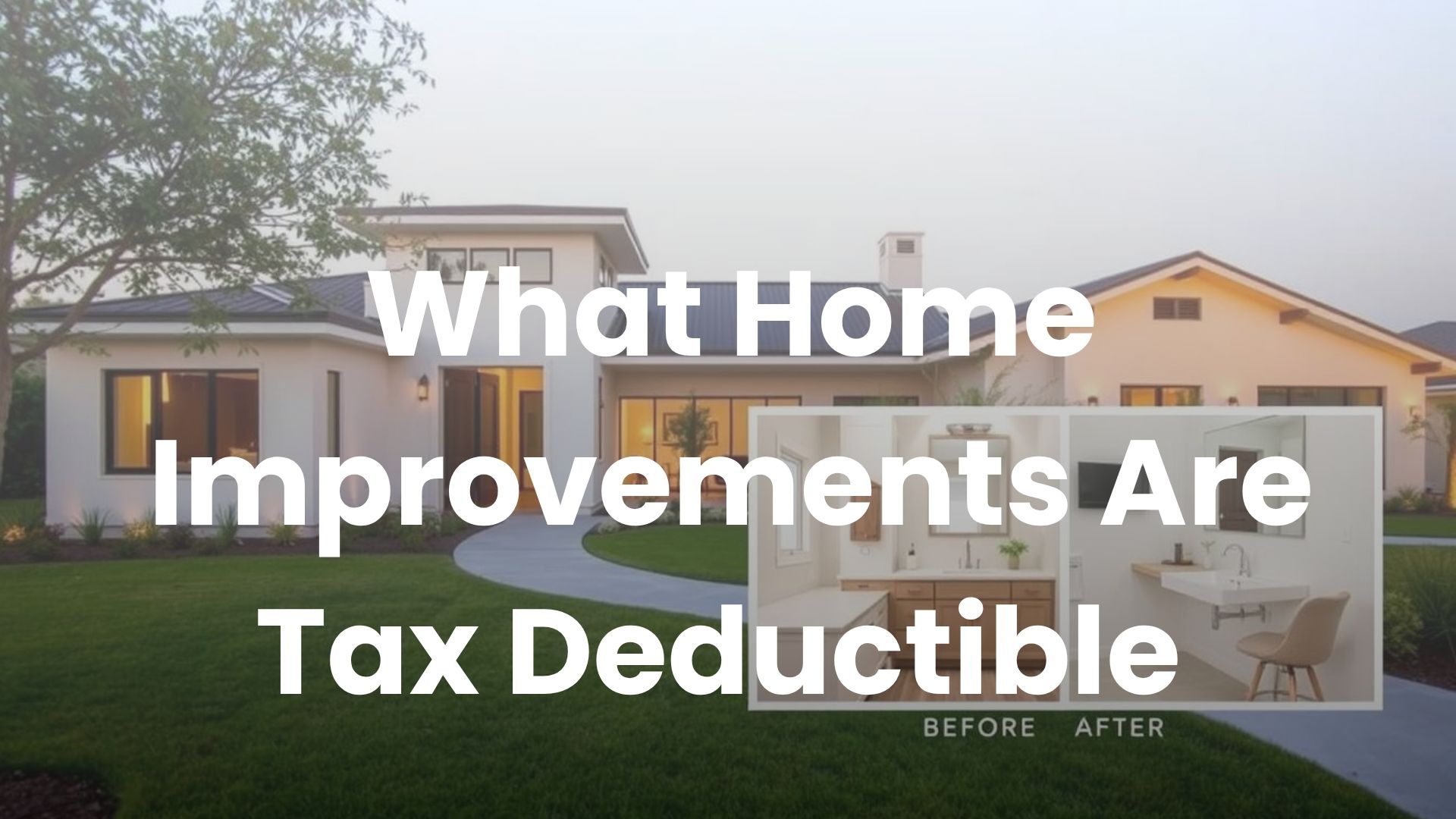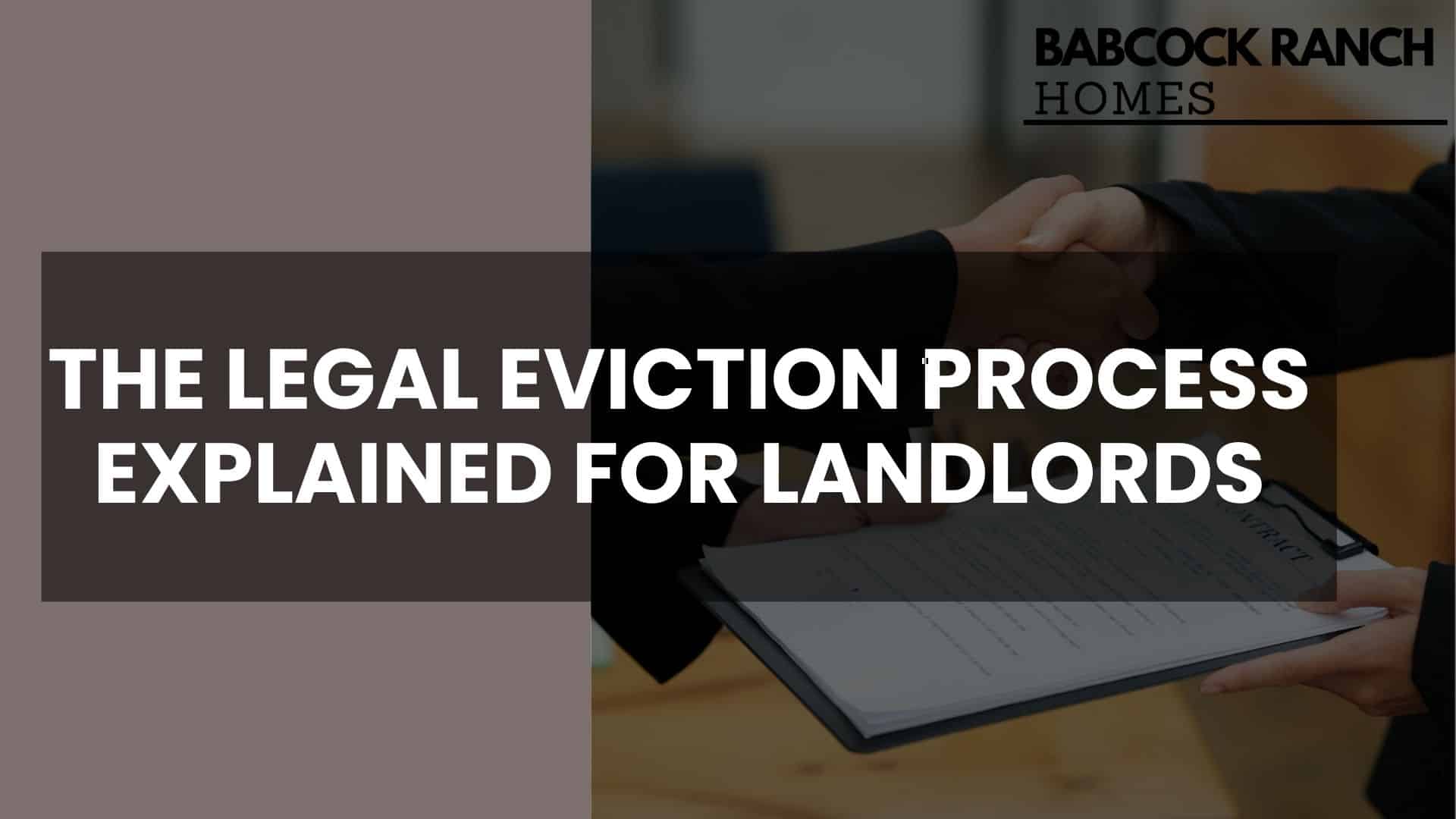
In Florida, removing tenants is a detailed process. Babcock Ranch Homes helps property owners understand and follow the law. This ensures they comply and protect their investments. Unlike California, Florida’s laws are more landlord-friendly, aiming for quick solutions when leases end.
Knowing state-specific timelines and what documents are needed is key. For example, Florida has a strict 3-day notice for unpaid rent. This is shorter than many other states. It’s important to follow these rules closely to avoid legal problems.
Babcock Ranch Homes teaches landlords how to handle issues like lease violations and property damage. We guide you on how to give proper notice and file in court. These steps are different from other states, so it’s important to get it right.
Key Takeaways
- Florida requires specific notice periods depending on eviction grounds
- Proper documentation prevents legal setbacks during proceedings
- State laws prioritize faster resolutions than California’s system
- Court filings must follow county-specific requirements
- Physical and digital notice delivery methods impact case validity
Understanding What Is the Eviction Process
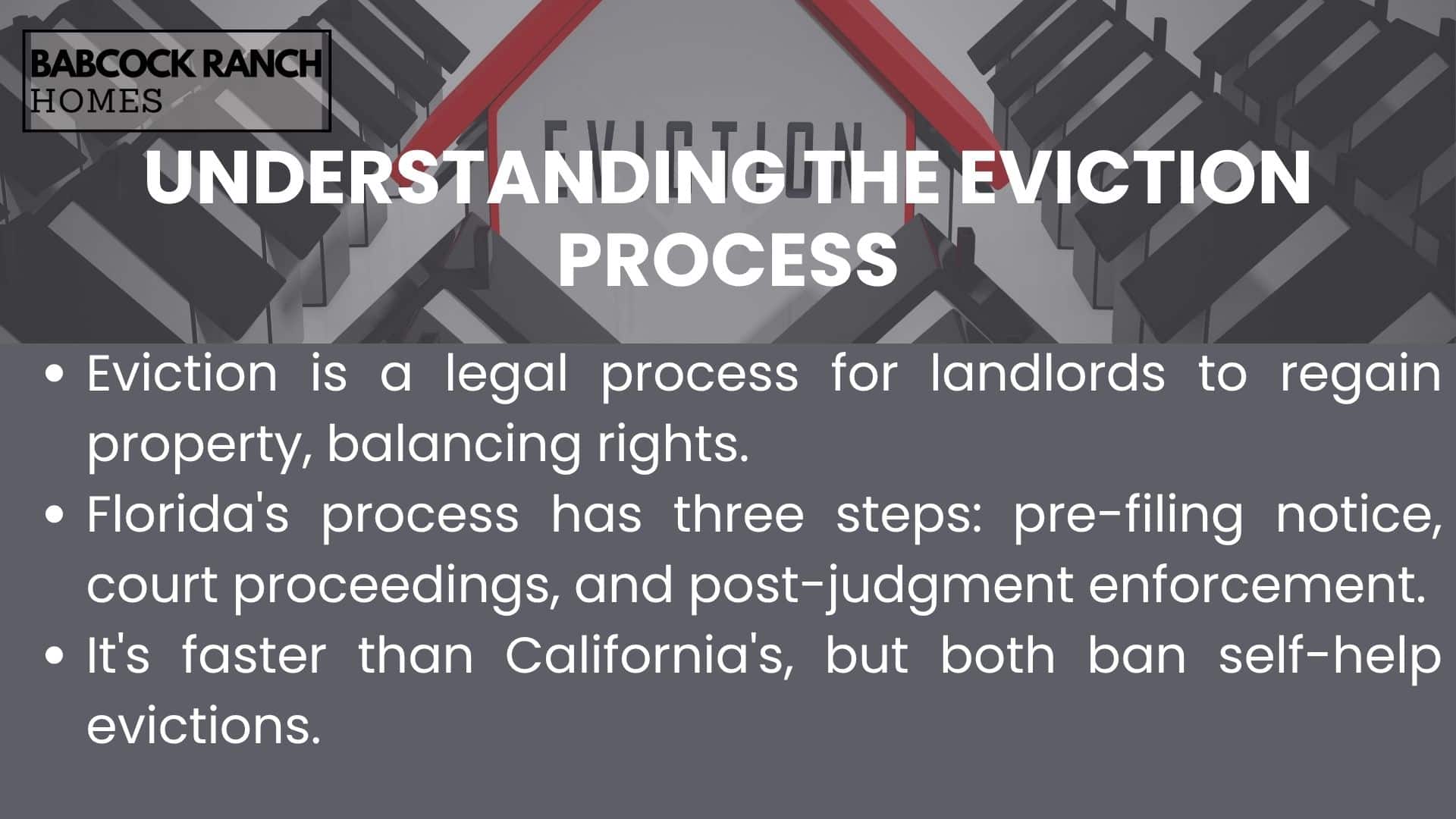
The eviction process is a legal way for landlords to take back their property. It makes sure both sides are treated fairly. In Florida, this balance is key, unlike in California where renters get more protection.
Every landlord eviction procedure has three main steps in Florida Statutes Chapter 83:
- Pre-filing requirements: Landlords must give written notice (3-7 days) before they can sue.
- Court proceedings: Tenants have 5 business days to answer after a complaint is filed. Judges look at both sides’ evidence.
- Post-judgment enforcement: If the judge sides with the landlord, a writ of possession is issued. Police will remove tenants if necessary.
Florida’s process is faster than California’s, thanks to fewer steps for tenant protection. For example, California landlords must offer relocation help in certain evictions. But, both states don’t allow landlords to change locks or cut off utilities themselves.
Knowing this process helps landlords avoid legal trouble. Tenants also get clear timelines to fix problems or prepare their defense. Courts act as fair judges, making sure no one is unfairly treated.
Key differences in eviction frameworks:
- Florida allows eviction filings 3 days after unpaid rent notices
- California mandates 15-day response windows for most cases
- Both states require documented lease violations as evidence
Valid Reasons for Eviction in Florida
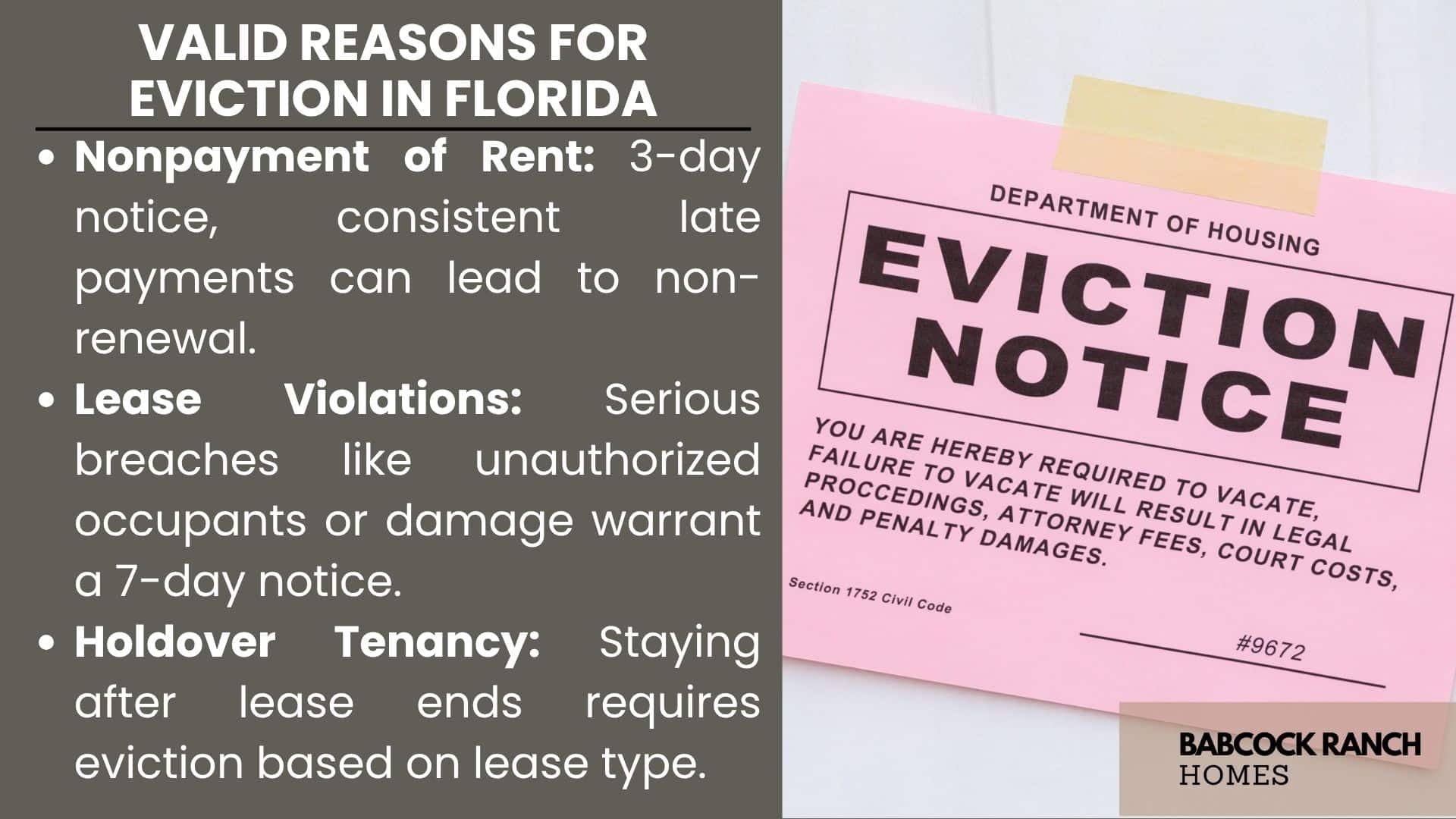
Florida law outlines when landlords can legally evict tenants. Knowing these reasons helps follow eviction process laws and protects both sides. Florida Statute 83.56 lists the valid reasons for ending a tenancy.
Nonpayment of Rent
When rent isn’t paid, landlords must send a 3-Day Notice to Pay or Quit. This notice gives tenants three business days to pay up. Florida law says landlords can’t turn down partial payments unless the lease says so.
If tenants pay up in time, the eviction stops. But, if they’re late often, landlords might not renew the lease. Keeping detailed records of payments is key in case of disputes.
Lease Violations
Big lease breaches can lead to eviction after a 7-Day Cure or Quit Notice. These include:
- Unauthorized people or pets
- Damage that’s more than normal wear and tear
- Illegal activities on the property
Small issues like noise don’t usually mean eviction. Courts look at if the problem is serious or breaks the lease. Keep records of incidents with dates, photos, and warnings.
Holdover Tenancy
When tenants stay after their lease ends, the rules change based on the lease type:
- Month-to-month leases: 15-Day Notice to Vacate
- Fixed-term leases: Automatic holdover status needing immediate eviction filing
Landlords can’t charge double rent for holdovers unless the lease says so. The eviction process moves faster in these cases. But, sending the right notice is key to follow eviction process legal requirements.
Step-by-Step Eviction Process Timeline
In Florida, landlords must follow a strict legal path to remove tenants. One mistake can ruin your case. Unlike California, Florida acts quickly with 3-day, 7-day, and 15-day notices. Here’s what you need to know:
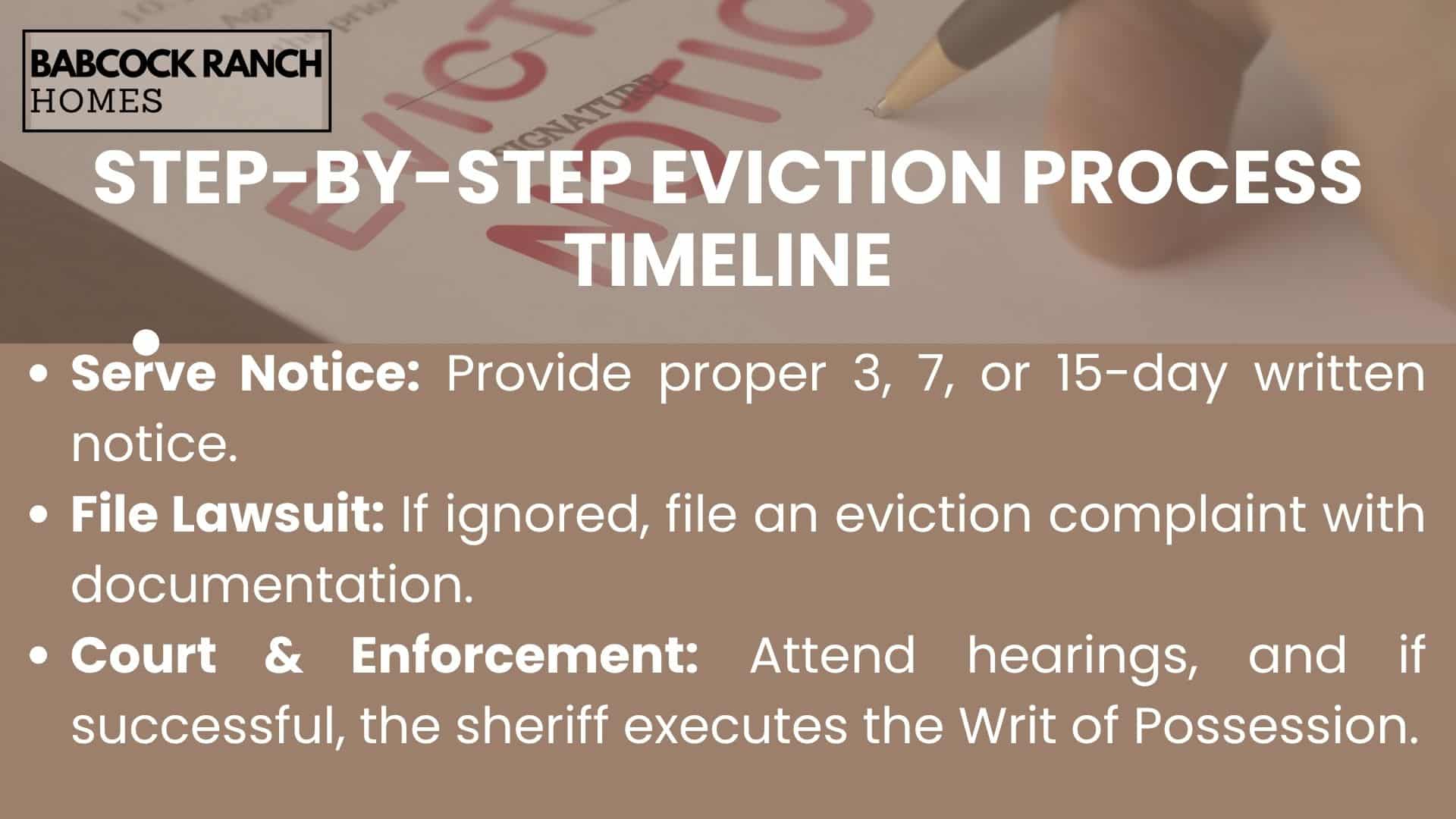
Serving Proper Written Notice
Start by giving one of these notices:
- 3-Day Notice to Pay or Quit for rent defaults
- 7-Day Cure or Quit Notice for lease violations
- 15-Day Unconditional Quit Notice for holdover tenants
Florida lets you hand-deliver or post notices clearly on the property. Keep proof with photos or witness signatures. Remember, 68% of contested evictions fail due to wrong notice.
Filing the Eviction Lawsuit
If tenants ignore the notice, file a Complaint for Eviction online within 48 hours. You’ll need:
- Notarized proof of notice service
- Signed lease agreement copy
- Payment history records
The court will issue a summons in 2 business days. Tenants have 5 days to respond. The clock starts right after filing.
Attending Court Hearings
Hearings usually happen in 10-14 days. Bring these important items:
- Original lease documents
- Dated communication records
- Witnesses for property damage claims
If tenants don’t show up, you’ll get a default judgment. This leads to a Writ of Possession – the last step.
Executing the Writ of Possession
Local sheriffs remove tenants 24 hours after the final notice. In Babcock Ranch, the Charlotte County Sheriff’s Department does evictions on Tuesday/Thursday mornings. You must:
- Coordinate lock changes with law enforcement present
- Arrange tenant property storage per FL Statute 715.104
- Complete a Sheriff’s Return of Service form
This whole process takes about 4-6 weeks in Florida. That’s three times faster than California’s 90-day minimum. Be organized, act fast, and always check local rules.
Tenant Rights During Eviction Proceedings
Florida law protects renters facing eviction, ensuring fair treatment in court. It helps balance what landlords must do and what tenants deserve. This is true for disputes over unpaid rent or lease violations.
- 5-day answer period: Tenants have five business days to reply to eviction lawsuits after receiving court papers
- Repair-and-deduct rights: Residents can fix serious problems and subtract the costs from their rent if landlords ignore written requests
- Anti-retaliation measures: Florida stops landlords from raising rent, cutting services, or evicting unfairly within 60 days of tenant complaints
Tenants can fight eviction by showing they weren’t properly served. This means proving the notice wasn’t given correctly, like being left unattended. Courts throw out cases if landlords don’t follow the rules or use tricks like changing locks.
Another way tenants can defend themselves is by pointing out housing code violations. If a place lacks working plumbing, electricity, or is structurally unsafe, tenants might claim “constructive eviction.” This means they had to leave because the place wasn’t safe to live in, which could make the eviction invalid.
Always talk to a lawyer when facing eviction. Local legal aid groups often give free advice. They help tenants understand their rights and how to answer in court.
Common Eviction Mistakes to Avoid
Dealing with evictions means following the law closely. One mistake can ruin your case and cost you a lot. In Florida, landlords often face big problems if they ignore important eviction process legal requirements. This includes wrong notices and court filing mistakes. Here, we’ll look at common errors and how to avoid them.
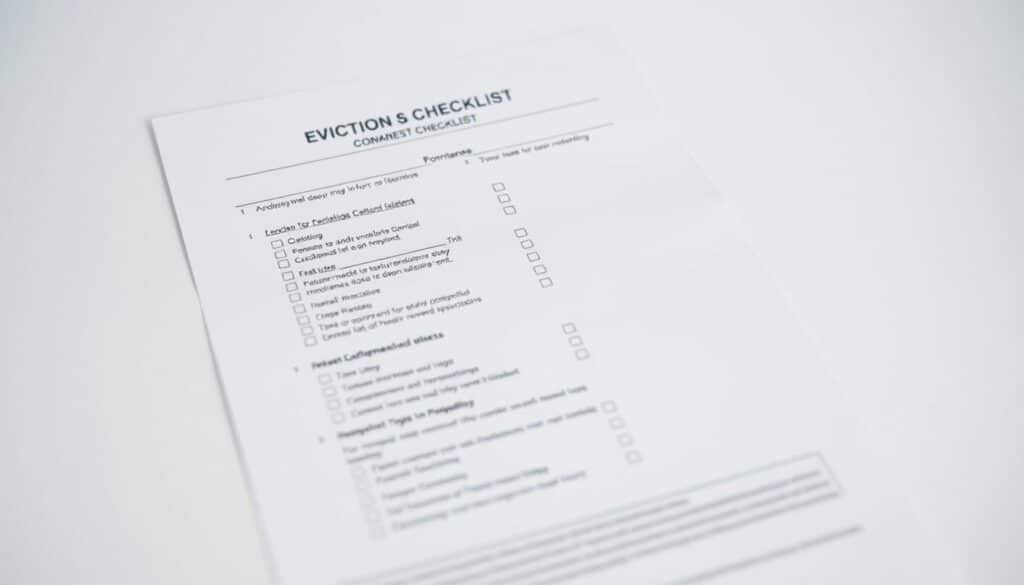
Self-Help Eviction Dangers
Trying to evict someone yourself by changing locks or cutting off utilities is illegal in Florida. It can lead to fines of up to three months’ rent, even if the tenant owes money. A 2022 case in Sarasota shows how wrong it can go. A landlord was fined $4,200 for taking a tenant’s stuff without the right court order.
Always wait for court permission before:
- Changing locks or adding security devices
- Removing tenant possessions from the property
- Disabling essential services like water or electricity
Inadequate Documentation Practices
In Babcock Ranch courts, 1 in 5 eviction cases get thrown out because of bad evidence. Follow these tips to make your case stronger:
- Dated rent ledgers: Keep track of payments and missed payments in a spreadsheet
- Timestamped photos: Take pictures of property damage with devices that record the date and time
- Notarized statements: Get written statements from witnesses about lease violations
Organizing your documents digitally is key. Judges in this area prefer digital files over paper. Use folder names that match the county’s required eviction forms, like “3-Day Notice – 05/15/2024”.
Local Eviction Resources in Babcock Ranch
Dealing with evictions in Florida needs local knowledge, more so in places like Babcock Ranch. Landlords should team up with reliable local services. This ensures they follow state laws and safeguard their properties. Here are some key resources to make eviction processes smoother and prevent costly errors.
Charlotte County Clerk’s Office (941-637-2284) is a go-to for court forms and eviction lawsuit filing advice. Their self-help center helps landlords with:
- Proper notice templates for nonpayment or lease violations
- Filing fee calculations and payment options
- Court date scheduling for Punta Gorda Division cases
Legal Aid of Manasota offers free consultations for both landlords and tenants. This helps in resolving disputes before they reach court. Babcock Ranch Homes is a standout landlord-focused partner (518-569-7173), providing:
- Custom lease agreement reviews
- Three-day notice preparation services
- Coordination with court-approved process servers
For serving legal documents, use these trusted local pros near Babcock Ranch’s mixed-use areas (coordinates 26.9095° N, 81.8932° W):
- Sunshine State Process Servers – Specializes in gated community deliveries
- Charlotte County Legal Couriers – Offers same-day service verification
Conclusion
Understanding Florida’s eviction process is key. It helps protect property rights and keeps tenant relationships strong. Landlords must use approved notice forms, keep digital records, and seek local help like legal workshops in Babcock Ranch.
Effective property management means using evictions only when necessary. Keeping detailed records helps in court if needed. Tools like property management software make tracking easier, ensuring laws are followed.
Babcock Ranch has special support for landlords. Firms like Babcock Ranch Homes offer updated forms and mediation. Following Florida’s eviction laws helps avoid legal trouble and keeps a good reputation. Staying updated with local laws is also important.
Knowing the eviction process makes it easier to manage. By being informed and using practical tools, landlords can protect their investments and build strong tenant relationships. Every step towards learning helps make better decisions in real estate.
FAQ
What legal grounds justify eviction in Florida?
How quickly can landlords remove tenants for nonpayment?
What defenses can tenants use against eviction?
Are lockouts ever legal in Florida evictions?
What legal grounds justify eviction in Florida?
How quickly can landlords remove tenants for nonpayment?
What defenses can tenants use against eviction?
Are lockouts ever legal in Florida evictions?
FAQ
What legal grounds justify eviction in Florida?
Florida Statute 83.56 lists three main reasons for eviction. These include nonpayment of rent with a 3-day notice, material lease violations, and holdover tenancy after lease expiration. Unlike California, Florida allows eviction without lease renewal for month-to-month tenants.
How quickly can landlords remove tenants for nonpayment?
Florida’s eviction process for nonpayment is quick. After a 3-day notice, landlords can file in court if rent is unpaid. Courts usually schedule hearings in 10-14 days. After judgment, landlords can remove tenants within 4-8 weeks.
What defenses can tenants use against eviction?
Tenants can challenge improper notice service or prove rent was paid. They can also show landlords accepted partial payments. Florida allows repair-and-deduct actions if landlords ignore maintenance requests.
Are lockouts ever legal in Florida evictions?
No. Florida Statute 83.67 makes self-help evictions like changing locks illegal. Landlords face
FAQ
What legal grounds justify eviction in Florida?
Florida Statute 83.56 lists three main reasons for eviction. These include nonpayment of rent with a 3-day notice, material lease violations, and holdover tenancy after lease expiration. Unlike California, Florida allows eviction without lease renewal for month-to-month tenants.
How quickly can landlords remove tenants for nonpayment?
Florida’s eviction process for nonpayment is quick. After a 3-day notice, landlords can file in court if rent is unpaid. Courts usually schedule hearings in 10-14 days. After judgment, landlords can remove tenants within 4-8 weeks.
What defenses can tenants use against eviction?
Tenants can challenge improper notice service or prove rent was paid. They can also show landlords accepted partial payments. Florida allows repair-and-deduct actions if landlords ignore maintenance requests.
Are lockouts ever legal in Florida evictions?
No. Florida Statute 83.67 makes self-help evictions like changing locks illegal. Landlords face $1,000+ penalties per violation. Only sheriffs with valid writs can legally remove tenants.
What documentation proves lease violations in court?
Courts need dated rent ledgers, photos/videos of damage, and witness statements. Keep digital copies on platforms like AppFolio or Buildium. For noise complaints, include decibel logs from smart home systems.
Where can landlords file evictions in Charlotte County?
File online through the Florida Courts E-Filing Portal or in-person at the Charlotte County Clerk’s Office. For Babcock Ranch cases, use the Punta Gorda Division Court. The Clerk’s eviction department can be reached at 941-637-2284.
How does Florida’s eviction timeline compare to California?
Florida’s process is faster than California’s, about 30 days shorter. While Los Angeles takes over 90 days, Florida sheriffs can execute writs in 45 days. Florida requires strict notice and documentation standards.
,000+ penalties per violation. Only sheriffs with valid writs can legally remove tenants.
What documentation proves lease violations in court?
Courts need dated rent ledgers, photos/videos of damage, and witness statements. Keep digital copies on platforms like AppFolio or Buildium. For noise complaints, include decibel logs from smart home systems.
Where can landlords file evictions in Charlotte County?
File online through the Florida Courts E-Filing Portal or in-person at the Charlotte County Clerk’s Office. For Babcock Ranch cases, use the Punta Gorda Division Court. The Clerk’s eviction department can be reached at 941-637-2284.
How does Florida’s eviction timeline compare to California?
Florida’s process is faster than California’s, about 30 days shorter. While Los Angeles takes over 90 days, Florida sheriffs can execute writs in 45 days. Florida requires strict notice and documentation standards.

